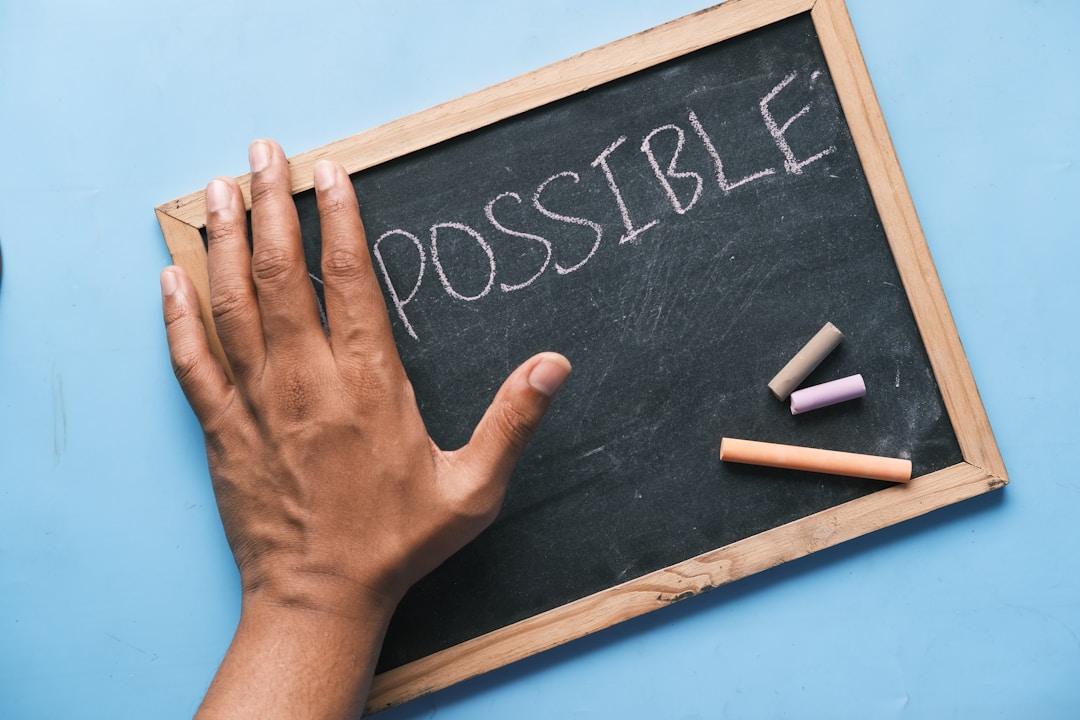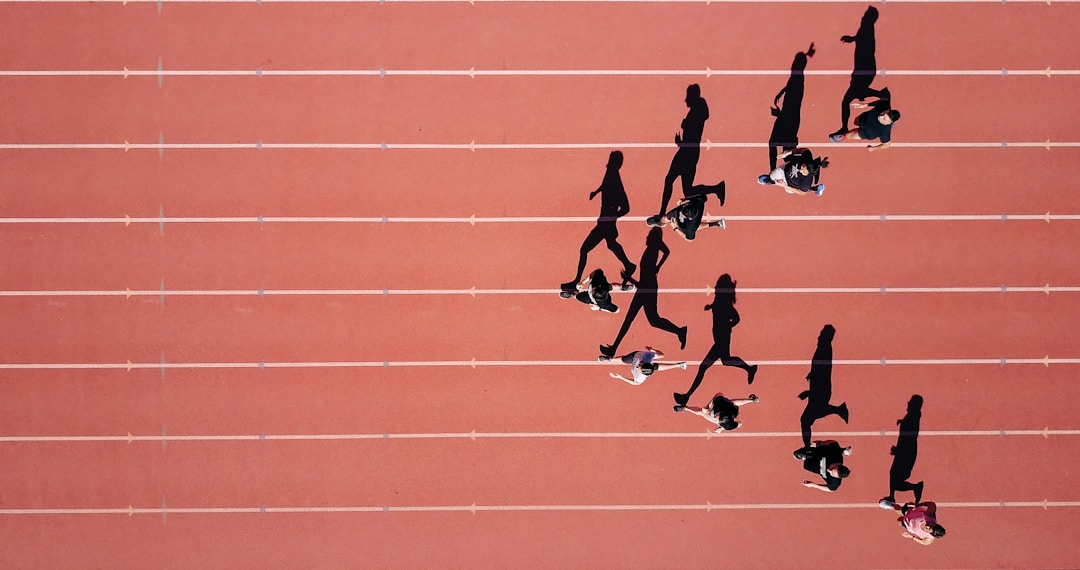Disadvantage is corrosive and compounds over time
Economic and social inequality lead to the ‘clustering’ of disadvantage, defined not only in terms of money but also in terms of social factors such as power, influence and social capital. In unequal societies, those at the bottom tend to suffer from multiple ‘clustered’ disadvantages in parallel. These often reinforce each other. People are often forced to make increase their risk exposure in one area in order to reduce it in another (for example, by taking on a job with unhealthy or unsafe working conditions to make ends meet). We need to replace the vicious cycle of these ‘corrosive disadvantages’ with a virtuous cycle of ‘fertile functionings’.
We need to focus on developing people’s capabilities…
We should strive for 'equality of capability’, in which "the ability and means to choose our life course should be spread as equally as possible across society", giving everyone an equal opportunity to develop up to his or her potential, rather than to maximise their wealth or status. Capabilities (or substantive freedoms) include the ability to live to old age, to engage in economic transactions, and to take part in political activities. They may be limited by a lack of personal resources, but also by the economic, social, political, cultural, and environmental conditions in society.
… and on tackling bottlenecks to opportunity
Giving people equal opportunities is impossible, because of family differences, the influence of unequal outcomes in the past, and differences in goals and opportunities. However, we can make opportunities fairer by helping people to get through or around the key bottlenecks that influence people’s life chances. These include poverty, developmental opportunities in early childhood, and access to higher education. There are often multiple ways around a bottleneck; for example, you can help more people get to university, but you can also reduce the importance of degrees in the job market. Opportunity is more about freedom than equality, in the sense that it is about loosening the constraints that limit the lives that people can pursue, and giving people the freedom to pursue lives that they value rather than having lives constrained by limited opportunities. We can’t achieve meritocracy by providing everyone with equal opportunities at a perfectly positioned ‘starting gate’, because the starting gate will always be subject to unfairness in terms of previous opportunities and outcomes.

New research is measuring how much inequality is ‘fair’ or ‘unfair’
A new field of research (summarised here) is providing clues as to the extent to which inequality is ‘unfair’ (because it is the result of unequal opportunities due to different circumstances) or ‘fair’ (because it is the result of individual effort). Research also suggests that inequality of opportunity undermines economic growth. The research is still at an early stage, and there are concerns that some proposed percentages of inequality that can be attributed to circumstances rather than effort in various countries may be significant underestimates. The research by Bristol University also factors in freedom from poverty alongside equality of opportunity, as the two preconditions for ‘fair’ inequality.








